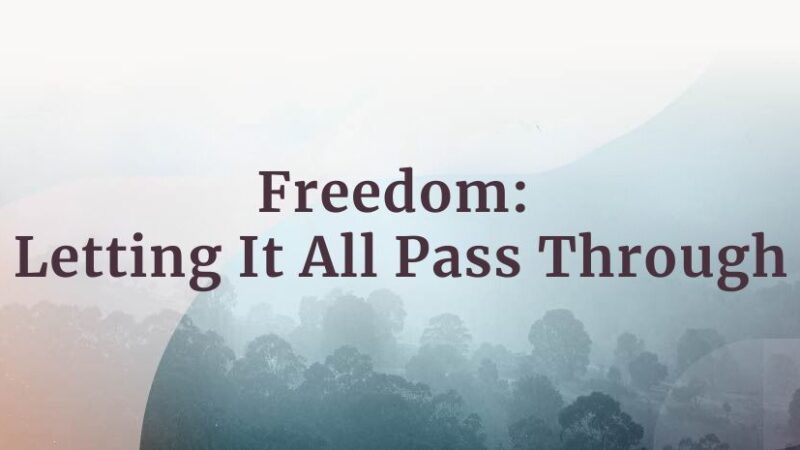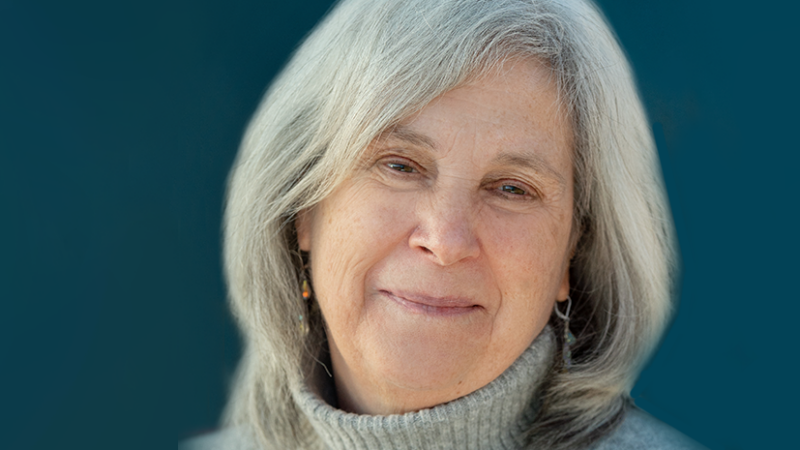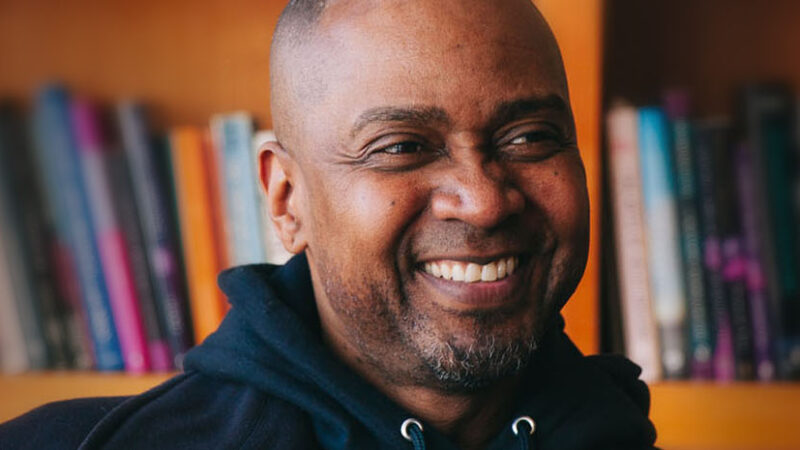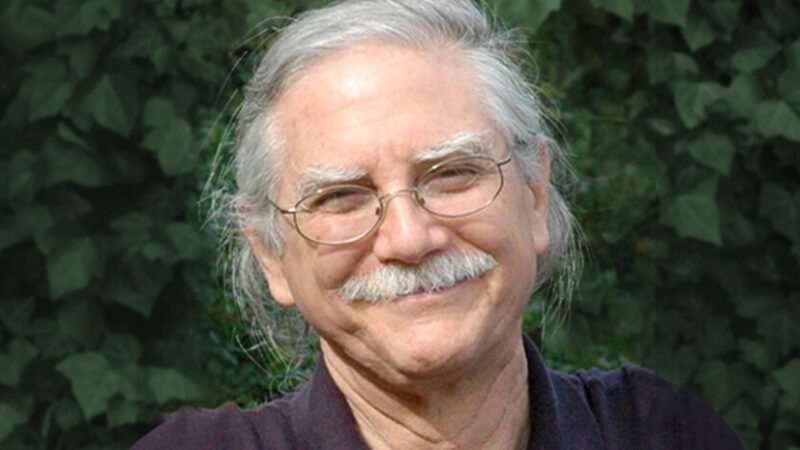How often have you had an unusual encounter with an animal and immediately wondered, “What does it mean?”
Perhaps you saw an owl in daylight. Or you kept noticing images of elephants everywhere. Or maybe a huge spider appeared right in front of you on the sidewalk.
If you’re like many shamanically-inclined folks, the first thing you’ll want to do in these situations is google what that animal “means”.
I understand the temptation, but please—hold off!
The universe and spirit have many ways of communicating with us, including animal messengers. And the universe does not play by a set of pre-existing rules. The messages each animal carries will be unique to you, and no book or website can tell you the full meaning of your encounter.
The same is true of power animals—spiritual helpers in animal form who share their gifts and medicine with us. While a bit of research can certainly be helpful, if you dive right in to other people’s interpretations, you’ll be more likely to miss important elements of your personal relationship with your power animal.
Animal messenger or “normal animal doing normal things”?
I can hear it now . . . Sometimes a bird is just a bird. It doesn’t have to mean anything.
That’s true. Not everything has to mean something.
But I have to be honest—one of my biggest pet peeves in spiritual communities is dismissing others’ experiences in this way.
Because the truth is, the universe is always communicating with us. Who are you to say what does or doesn’t have meaning for another person?
The great advaita scholar Richard Miller, PhD, once spoke to this in a training while teaching us about the art of welcoming. As he explained, it’s too exhausting to keep trying to figure out which parts of life are trying to tell us something and which parts are so-called “normal life”, so he has the practice of “welcoming everything as a messenger”.
This practice of welcoming is a beautiful way to fall deeper into relationship with all of life. Every sensation, emotion, encounter, or insight can provide an opportunity to open to and learn from spirit.
If this sounds overwhelming, not to worry. This doesn’t mean you need to go through life looking at every little thing as a symbol to decipher or every animal as a messenger bearing life-altering news. Instead, it means that spiritual guidance is always available to us. To access this wisdom:
- Relax. You don’t need to overwhelm yourself by seeing every little thing that happens as a critical message. You will notice what you need to notice.
- If something does catch your attention, even if it’s something very common and “normal”, trust your intuition and recognize that you are noticing it for a reason.
- You can also set an intention to receive a message from a spirit via the natural world. Bring your awareness into your heart, send your request to spirit, and then open your awareness, letting your attention wander and draw you to your answers.
- Finally, once something does call your awareness, use the process outlined below to discover the meaning and messages it holds for you.
When to Pay Attention
Many teachers share that for an animal to actually mean something, rather than be a simple sighting, it must show itself to you four times. For example, let’s say you see a hawk on a walk, then on TV, then hear the word “hawk” in a conversation, and then find a hawk feather.
Still others will note that if an animal is behaving in an unusual way, it could very well carry a message for you.
If either of these happen, definitely pay attention.
And if you only see a normal animal doing normal things, but feel that there is a message for you, trust that too.
Maybe the Message is Love
Sometimes when our attention is drawn to something in nature—a beautiful flower, an animal sighting, or an unusual cloud—we’re receiving a blessing. In this case, you don’t necessarily need to go through the process below. Simply receive your hello from spirit and know that the “message” is love.
Your 4-Step Guide
So, when you encounter an animal—whether a messenger in nature or an actual power animal—what are you to do? How do you figure out what the message is? How do you know what gifts your power animal carries?
Here’s the process I recommend for understanding your animal messengers and power animals. This is based on years of working with my own animal spirit guides and those of my clients.
Step 1
Journey to the spirit of the animal and ask them to teach you about themselves and your relationship. (If you don’t have a journey practice, Sandra Ingerman’s course, Experiencing the Shamanic Journey, offers a wonderful introduction to the practice.)
If the animal in question is one you’ve encountered in ordinary reality, you might like to ask:
- Are you here to share a message with me, or are you appearing to bring my awareness to a new power animal relationship? Or both?
- What is the message you bring me?
If you’ve received a power animal, whether from a power animal retrieval or another means, you might like to explore some or all of the following questions:
- What medicine do you carry?
- What gifts would you like to share with me?
- How may I carry your medicine?
- What areas of life can you help me with?
- Why are you appearing in my life now?
- Are you a new power animal, or have you been with me for sometime?
- May I have an attunement to your energy?
- What name may I call you by?
- How may I nurture our relationship?
Step 2
After you’ve done your journey or meditation, think about any pre-existing ideas or knowledge you already have about this animal. This process can provide many clues as to how the animal will support you.
Ask yourself:
- What is my immediate reaction to this animal? Am I excited, fearful, surprised?
- What symbology or associations do I think of first?
- Are there any stories or myths that come to mind?
- What character traits do I personally connect with this animal?
Then, reflect on what your answers might mean for either a message or the unique gifts a power animal might share with you.
Step 3
Once you’ve finished this personal exploration, it’s time to learn more about your animal in ordinary reality. Try to find out:
-
- What do they eat?
- Where do they live?
- What is their social nature? Family dynamics?
- What unique features stand out about this animal?
- When are they most active? Quietest?
- What are their biggest threats?
- What do you find most fascinating about this animal?
Ask yourself how the following information might help you understand either the message or your power animal’s gifts.
Step 4
Finally, go ahead and look up existing ideas about your power animal might mean. Even though we don’t want to fill our minds with other people’s and cultures’ ideas first, this information can be helpful.
As you explore, pay attention to a few things:
- What feels right and relevant? Where do you get an immediate hit or “ah-ha” moment?
- What doesn’t feel right or relevant? Not everything you read will relate your personal relationship.
- Does the animal have any particular meanings within your own ancestry? What about within other cultures you feel especially connected to?*
*Make sure to explore a variety of cultural mythologies at this stage, as each might have quite different interpretations of your animal. For example: In North America, many indegenous tribes associate the owl with death. Yet in Greek and Roman mythology, the owl was a bearer of wisdom. Though in China the owl was viewed as an ominous creature, the Japanese considered the owl to be a sign of good fortune.
At this stage, I’ll encourage you to avoid the spirit guide websites out there—in my experience, many of them seem to exist just for profit and do not have the depth of meaning you can find in a book, such as Ted Andrew’s Animal Speak, Jamie Sam’s Medicine Cards, or Sounds True’s own The Book of Beasties by Sarah Seidelman. If you’re looking online, visiting sites that detail mythological or symbolic associations from more academic perspectives can be useful.
Receiving messages from spirit through the natural world is a gift that has been bestowed on humanity since the beginning of our species on this planet. Be gentle with yourself as you learn to read the signs and deepen your relationship with the natural world. It is your birthright.
And, while the steps outlined here can initiate your journey into understanding your power animal, getting to know your power animal and its gifts is a lifelong journey. Revisit each of these steps often, and make sure to nurture your relationship with your power animal just as you would with a beloved friend.
If you’d like help discovering who your power animal is, be sure to check out Sandra Ingerman’s 6-week course, Experiencing the Shamanic Journey, which begins on September 8, 2020.
In this course, you’ll learn how to take a shamanic journey and meet one of your power animals!
You can learn more about this wonderful course with Sandra here.
 Juniper Stokes is an intuitive healer and spiritual teacher. She helps others activate and tune into their own intuition, healing abilities, and connection with spirit through private sessions, classes, and workshops. (And yes, this includes Power Animal Readings.) In touch with the spirit realms from a young age, Juniper has trained in wide variety of healing traditions, including Sandra Ingerman’s Two Year Shamanic Teacher Training program and Samahita’s Pranayama Teacher Training, to name a few. Juniper also writes behind the scenes at Sounds True and regularly leads guided shamanic journeys for Sounds True’s Shamanic Path Facebook page, which currently has nearly 30k members. In addition to her spiritual teaching and healing, Juniper is a clinical aromatherapist, herbalist, and flower essence practitioner. Her healing products, including a line of spiritually-infused botanical perfumes, will soon be available in the Alchemessence Apothecary.
Juniper Stokes is an intuitive healer and spiritual teacher. She helps others activate and tune into their own intuition, healing abilities, and connection with spirit through private sessions, classes, and workshops. (And yes, this includes Power Animal Readings.) In touch with the spirit realms from a young age, Juniper has trained in wide variety of healing traditions, including Sandra Ingerman’s Two Year Shamanic Teacher Training program and Samahita’s Pranayama Teacher Training, to name a few. Juniper also writes behind the scenes at Sounds True and regularly leads guided shamanic journeys for Sounds True’s Shamanic Path Facebook page, which currently has nearly 30k members. In addition to her spiritual teaching and healing, Juniper is a clinical aromatherapist, herbalist, and flower essence practitioner. Her healing products, including a line of spiritually-infused botanical perfumes, will soon be available in the Alchemessence Apothecary.





 Juniper Stokes is an intuitive healer and spiritual teacher. She helps others activate and tune into their own intuition, healing abilities, and connection with spirit through private sessions, classes, and workshops. (And yes, this includes Power Animal Readings.) In touch with the spirit realms from a young age, Juniper has trained in wide variety of healing traditions, including Sandra Ingerman’s Two Year Shamanic Teacher Training program and Samahita’s Pranayama Teacher Training, to name a few. Juniper also writes behind the scenes at Sounds True and regularly leads guided shamanic journeys for Sounds True’s Shamanic Path Facebook page, which currently has nearly 30k members. In addition to her spiritual teaching and healing, Juniper is a clinical aromatherapist, herbalist, and flower essence practitioner. Her healing products, including a line of spiritually-infused botanical perfumes, will soon be available in the
Juniper Stokes is an intuitive healer and spiritual teacher. She helps others activate and tune into their own intuition, healing abilities, and connection with spirit through private sessions, classes, and workshops. (And yes, this includes Power Animal Readings.) In touch with the spirit realms from a young age, Juniper has trained in wide variety of healing traditions, including Sandra Ingerman’s Two Year Shamanic Teacher Training program and Samahita’s Pranayama Teacher Training, to name a few. Juniper also writes behind the scenes at Sounds True and regularly leads guided shamanic journeys for Sounds True’s Shamanic Path Facebook page, which currently has nearly 30k members. In addition to her spiritual teaching and healing, Juniper is a clinical aromatherapist, herbalist, and flower essence practitioner. Her healing products, including a line of spiritually-infused botanical perfumes, will soon be available in the 
